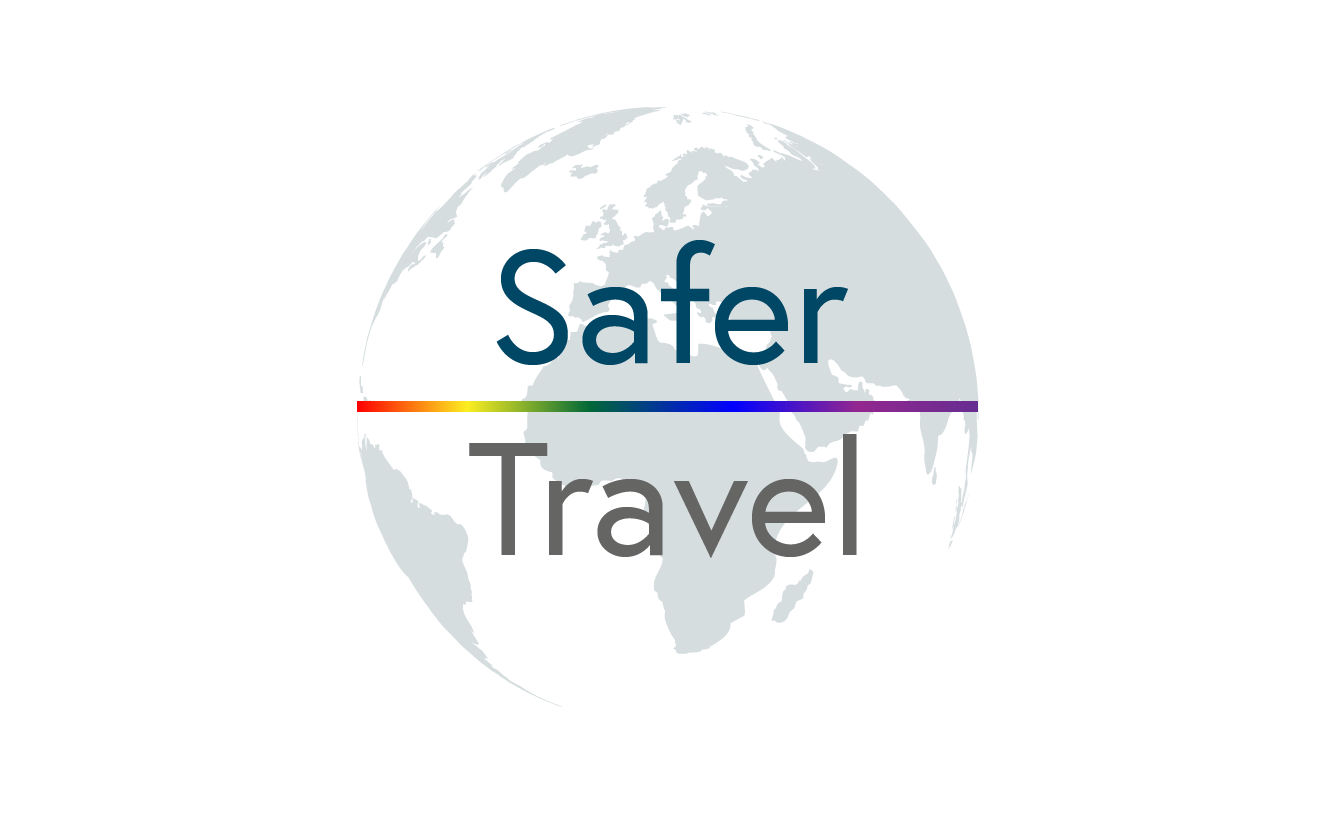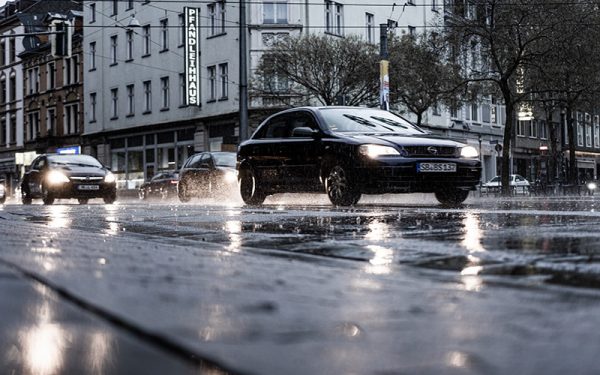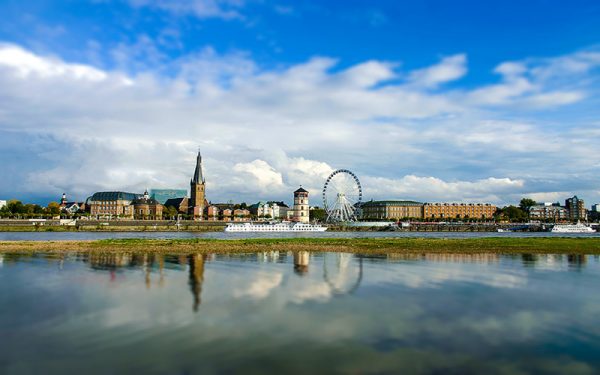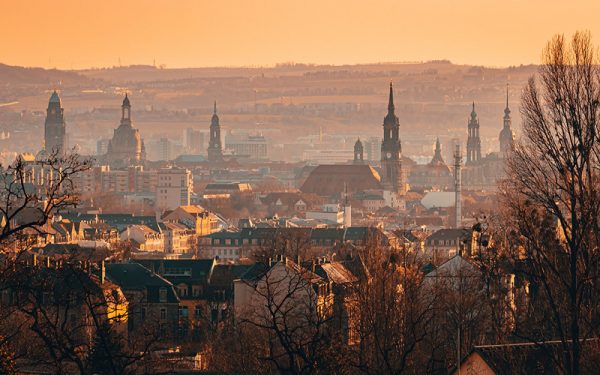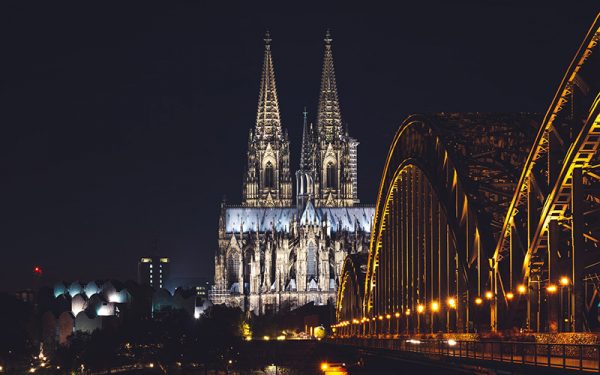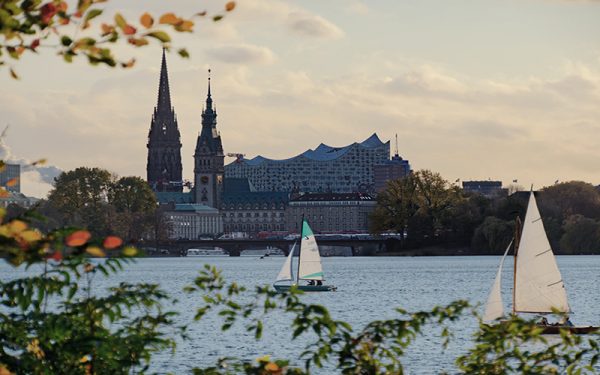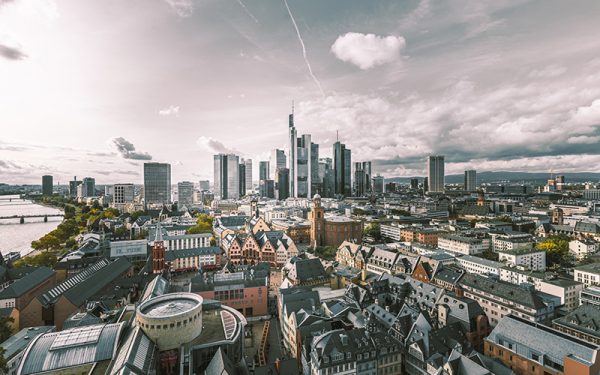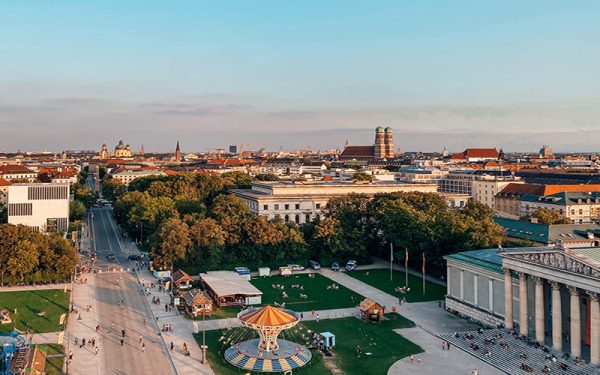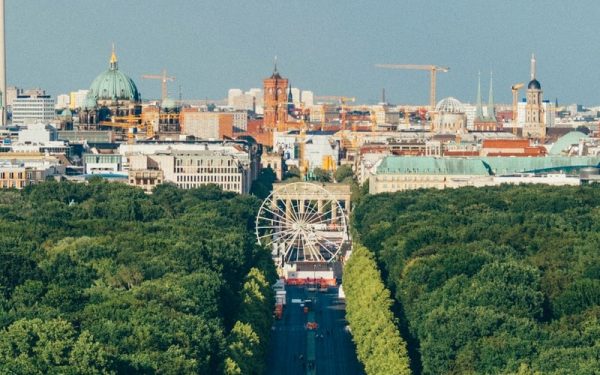Germany
Post-pandemic travel advice
Coronavirus has changed the way we view travel. Click here to read the latest safety tips and advice.
Details
Before visiting any country make sure you know the basics. General details and important information.
- Emergency Services: 112
- Language: German
- Currency: Euro
- Capital City: Berlin
- Country Code: DE
- Travel Visa: None required
- Population: 83,931,720
- Driving: Right hand side
Risk Level
Researching various official sources, we perceive the risk to holiday makers and travellers are as follows;
Travellers Tips
Top travel advice and interesting tip bits of information from experienced travellers.
Germany
What’s the best way to travel around Germany?
Train – Trains are probably the fastest method of transport, but are not always the cheapest. The country’s rail system, the Deutsche Barn, has both regular trains and high-speed trains. Regular trains are cheaper, but naturally have longer journeys. Before you book your ticket, plan out which type of train will be best for you.
Bus – Buses are the cheapest public transport in Germany. Despite not being as efficient as trains, buses are almost always on time and offer a comfortable passenger experience with air conditioning, plenty of legroom and sometimes even free Wi-Fi.
Car – You will have likely heard about Germany’s main road network, the Autobahn, which is famous for not having concrete speed limits in certain areas. Whether or not the allure of the Autobahn terrifies you or excites you as a driver, check out this helpful website so that you know what to expect before your drive.
Festivals and Events in Germany
Perhaps the most well-known German festival is Oktoberfest. Running from mid-September to the beginning of October, more than 6 million people attend this massive beer festival. Aside from alcohol, there are many other great attractions to enjoy, including traditional German food stall and amusement rides. Many visitors will also dress up in traditional German outfits, called Tracht. The women wear special dressed called dirdnl and the men wear leather shorts called lederhosen.
Unity Day, October 3rd. The largest national holiday in Germany, on this day the Germans celebrate the reunification of East and West Germany after the collapse of the Berlin Wall in 1989. Naturally, most of the celebrations are held across the city in Berlin – but the entire country holds official celebrations.
What are some top safety tips for visiting Germany?
Germany is considered one of the safer countries to visit in Europe, but you should still exercise the same amount of caution when visiting any popular tourist destination. This includes keeping an eye on your belongings and being careful when walking the streets at night.
As you’re planning your visit, you should also be aware of some of the recent issues Germany has faced involving terrorism. In 2016 there were two terror attacks, however you should not let this deter you from visiting this beautiful country. The German government have committed themselves to combatting terrorism in all forms and have dedicated police departments to do so.
When is the best time of year to visit Germany?
If you want to avoid the crowds, the best time to visit would be between April-June and mid-October-November. Germany is famous for its Oktoberfest festival and Christmas markets, so even during the colder months it can still be very busy.
As we mentioned above, Oktoberfest is held from mid-September through to mid-October and attracts around 6 million visitors every year. If you’re a fan of traditions German beer and food, or just looking for a great atmosphere, we recommend coming over during this festival.
The whole month of December in the build up to Christmas is generally quite busy, as the Germans are famed for their magical Christmas markets. The decorations and lights combine with traditional German architecture to create some truly fairy tale-inspired scenes.
